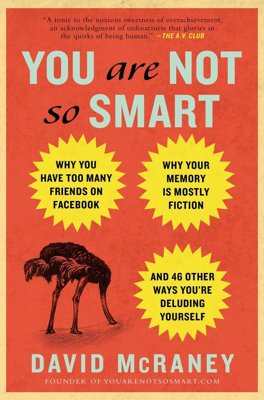Hindsight Bias
Misconception vs. Truth
Misconception:
After you learn something new, you remember how you were once ignorant or wrong.
Truth:
You often look back on the things you’ve just learned and assume you knew them or believed them all along.
Nature of Hindsight Bias
- Hindsight Bias occurs when you edit your memories to appear more knowledgeable or prescient about events than you actually were.
- Once something is known, you retroactively believe you always knew it or saw it coming.
Studies Demonstrating Hindsight Bias
- Fake Studies: Two fabricated studies illustrated how both contradictory findings (e.g., "you can't teach an old dog new tricks" vs. "you're never too old to learn") can seem like common sense once known.
- Proverbs and Opposing Views: Karl Teigen’s 1986 study showed that participants agreed with both proverbs and their opposites, indicating that what seems like common knowledge can often be contradictory.
Mechanisms of Hindsight Bias
- The brain redacts past ignorance to maintain a tidy mind, aiding survival by not retaining unnecessary information.
- People's mental models of topics are updated to match current understanding, often erasing previous incorrect beliefs.
Real-World Examples
- Nixon’s China Visit: People's recollections of their predictions about Nixon's trip to China were more accurate in hindsight than they actually were.
- Post-9/11 Attack Predictions: Initial high estimates of another terrorist attack decreased in people's memories when no subsequent attack occurred.
Relationship to Other Cognitive Biases
- Availability Heuristic: Both biases involve decision-making based on immediate information, ignoring broader contexts. Hindsight bias makes decisions based on current knowledge, not past ignorance.
Practical Implications
- Understanding hindsight bias can foster skepticism toward retrospective claims by politicians, businesspeople, and in personal arguments.
- Recognizing this bias helps in maintaining humility and open-mindedness in personal and professional contexts, acknowledging that both you and others may not have always known the outcomes.
